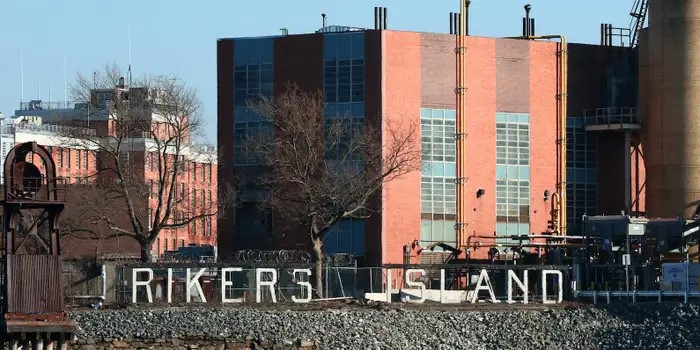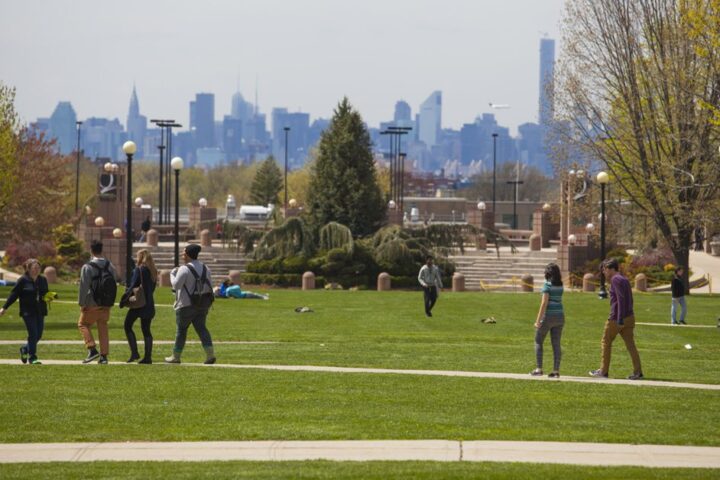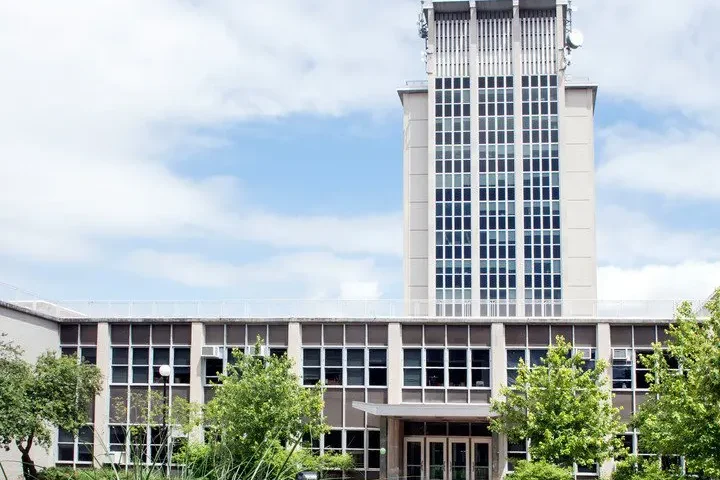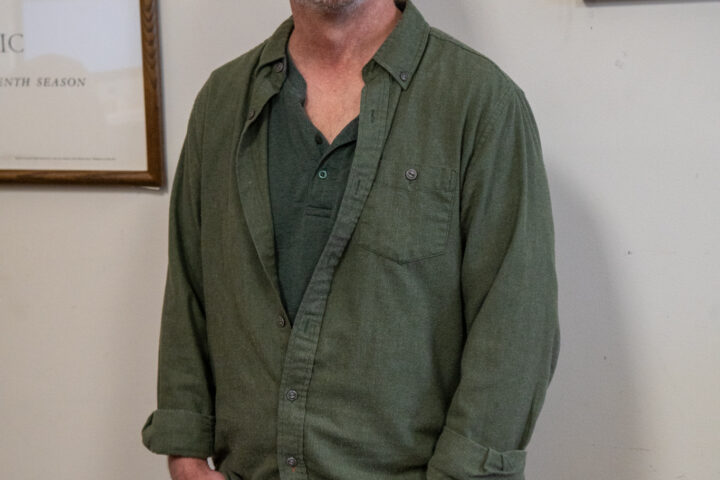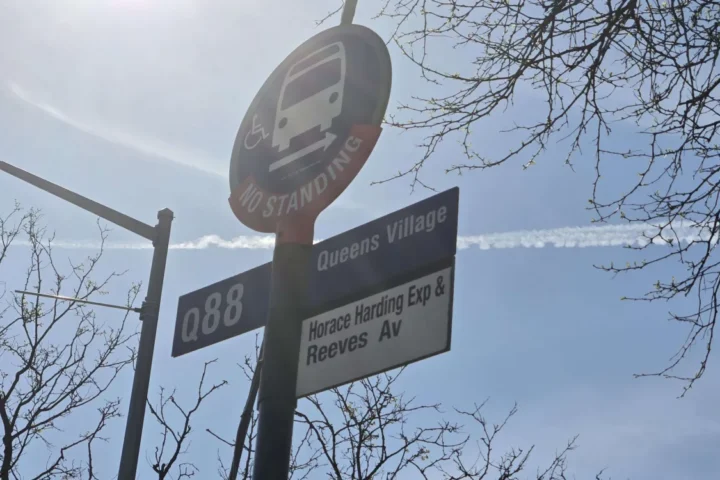Rikers Island, the notorious jail, which first opened in 1932 to accept people detained from the deteriorating facilities on Blackwell’s Island (now known as Roosevelt Island) has a long and ongoing history of violating the civil liberties of those incarcerated.
Data from the New York City Open Data database has shown that 86 percent of those detained on Rikers Island are assumed innocent because they are awaiting trial. Due to circumstances such as being indigent and the overwhelming volume of cases in the New York court systems, detainees in Rikers spend four times longer in jail than the average person in the country, according to a report found by the Gothamist.
In recent years, photos of inside Rikers Island have been circulating online, depicting appalling conditions of men sleeping on filthy floors covered in blood, urine, feces, and bugs; dozens of men crammed into small cells; and the deteriorating infrastructure, which includes chipping walls and dirt-filled, non-functioning showers and bathrooms.
The Office of Compliance Consultants describes plumbing, ventilation, and fire-related issues in the facility in a report provided by a court monitor on the circumstances within Rikers Island from May to August 2023.
The report additionally demonstrates that cleaning resources are inadequate for managing the rodent and pest infestations in Rikers. The Legal Aid Society (a non-profit legal aid provider that aims to “dismantle the hidden, systemic barriers”) has attributed responsibility for the vermin infestation on Rikers Island to New York City’s Department of Correction over its non-compliance and neglect towards the 1975 Benjamin v. Molina, class action litigation which challenged environmental conditions in the NYC jail system.
There have been two recorded deaths on Rikers Island in 2024, bringing the total number of jail deaths under New York City Mayor Eric Adams administration to thirty. As such, there have been growing concerns about the ability of Mayor Adams’ administration to maintain control over Rikers Island, citing reports of violence such as high fatalities among detainees, stabbings, sexual assaults, and unsanitary conditions.
Damian Williams, the U.S. attorney for the Southern District of New York, filed a joint court petition with the Legal Aid Society and a private law firm in November 2023, requesting that a judge transfer control of the Rikers Island Jail Complex to an outside body and abolish Mayor Adams’ administration’s jurisdiction over the island.
In December 2023, the NYC Council overrode Mayor Adams’ objections and voted to pass legislation prohibiting the use of solitary confinement in jails. The bill forbids isolating inmates who pose an immediate threat to others or themselves for more than four hours. Only those involved in violent incidents can be placed in long-term housing that is restrictive, but they must have equal access to readily available programming as others affected by incarceration.
The use of solitary confinement at Rikers Island received national scrutiny following Kalief Browder’s wrongful three-year imprisonment in the facility from 2010 to 2013 for stealing a backpack when he was sixteen years old, which he vigorously denied.
Browder was held in solitary confinement for two years and recounted other traumatic experiences such as being starved at Rikers and beaten as well as assaulted by corrections officers. Although Browder was informed that if he pleaded guilty to the crime, he would be released immediately, he declined the offer in order to maintain his innocence, and in 2013, Bronx prosecutors dropped the case against Kalief, resulting in his release. Afterwards, Browder was able to enroll in Bronx Community College, but unfortunately in 2015 after he suffered from three hospitalizations and two suicide attempts he took his own life at the age of twenty two.
Professor Melissa Checker from the Queens College Urban Studies Department spoke on if the city should close down the jail.
“New York City should stop delaying the closure of Rikers Island and take immediate action because the jail’s conditions have been problematic for a long time and incarcerated people deserve better conditions. Some of the violations at Rikers Island may be due to budget issues, and improvements require money, which NYC should better fund.”
On October 17, 2019, the New York City Council passed historic legislation which would ensure the closure of Rikers Island by the summer of 2027. The plan also calls for the allocation of $391 million for investments to reform our criminal justice system, address the underlying causes of incarceration and assist marginalized communities.
According to the Art and Resistance Through Education Center (an organization that “engages young people to amplify their voices and organize for human rights change through the arts”), New Yorkers can take immediate action and contact their city council member and NYC Mayor Eric Adams to urge government officials to implement criminal justice reforms that are crucial in the United States, where notorious jails like Rikers Island remain operational today.


